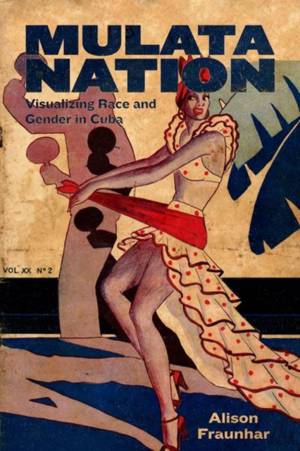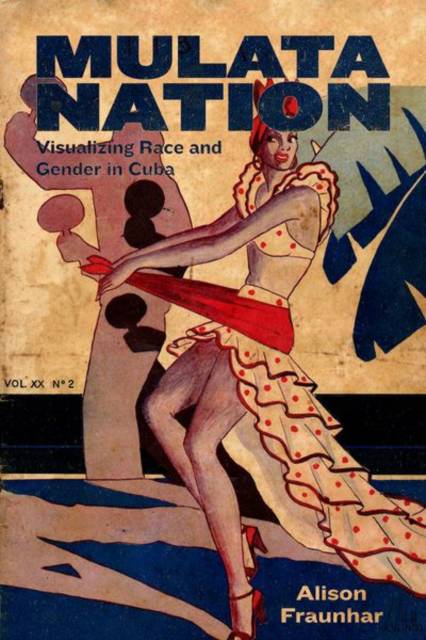
- Retrait gratuit dans votre magasin Club
- 7.000.000 titres dans notre catalogue
- Payer en toute sécurité
- Toujours un magasin près de chez vous
- Retrait gratuit dans votre magasin Club
- 7.000.0000 titres dans notre catalogue
- Payer en toute sécurité
- Toujours un magasin près de chez vous
Description
Repeatedly and powerfully throughout Cuban history, the mulata, a woman of mixed racial identity, features prominently in Cuban visual and performative culture. Tracing the figure, Alison Fraunhar looks at the representation and performance in both elite and popular culture. She also tracks how characteristics associated with these women have accrued across the Atlantic world. Widely understood to embody the bridge between European subject and African other, the mulata contains the sensuality attributed to Africans in a body more closely resembling the European ideal of beauty. This symbol bears far-reaching implications, with shifting, contradictory cultural meanings in Cuba. Fraunhar explores these complex paradigms, how, why, and for whom the image was useful, and how it was both subverted and asserted from the colonial period to the present. From the early seventeenth century through Cuban independence in 1899 up to the late revolutionary era, Fraunhar illustrates the ambiguous figure's role in nationhood, citizenship, and commercialism. She analyzes images including key examples of nineteenth-century graphic arts, avant-garde painting and magazine covers of the Republican era, cabaret and film performance, and contemporary iterations of gender. Fraunhar's study stands out for attending to the phenomenon of mulataje not only in elite production such as painting, but also in popular forms: popular theater, print culture, later films, and other media where stereotypes take hold. Indeed, in contemporary Cuba, mulataje remains a popular theme with Cubans as well as foreigners in drag shows, reflecting queerness in visual culture.
Spécifications
Parties prenantes
- Auteur(s) :
- Editeur:
Contenu
- Nombre de pages :
- 272
- Langue:
- Anglais
- Collection :
Caractéristiques
- EAN:
- 9781496814432
- Date de parution :
- 24-08-18
- Format:
- Livre relié
- Format numérique:
- Genaaid
- Dimensions :
- 156 mm x 234 mm
- Poids :
- 557 g

Les avis
Nous publions uniquement les avis qui respectent les conditions requises. Consultez nos conditions pour les avis.






